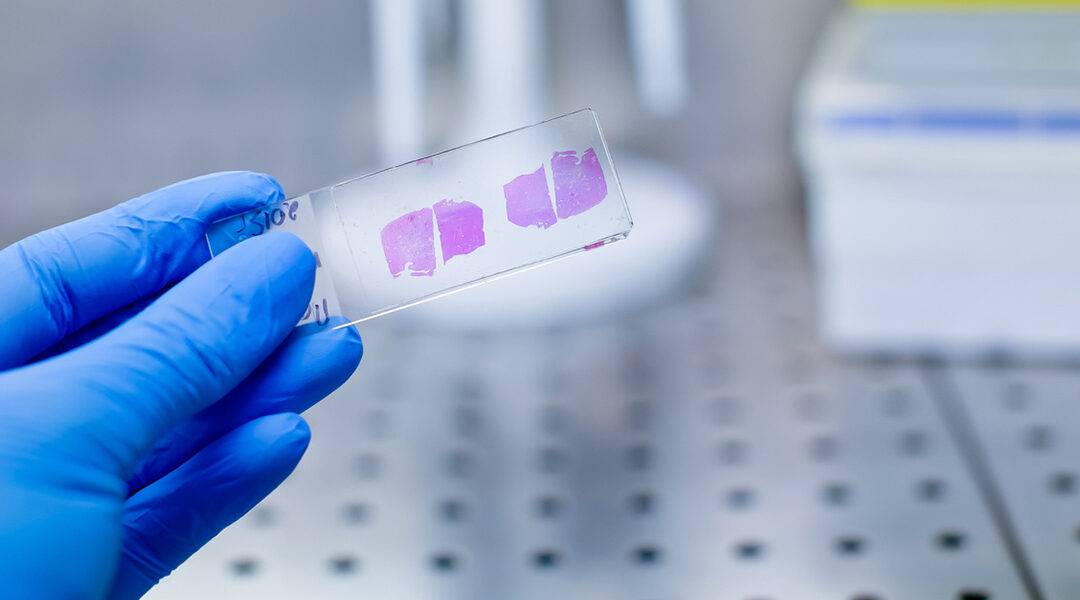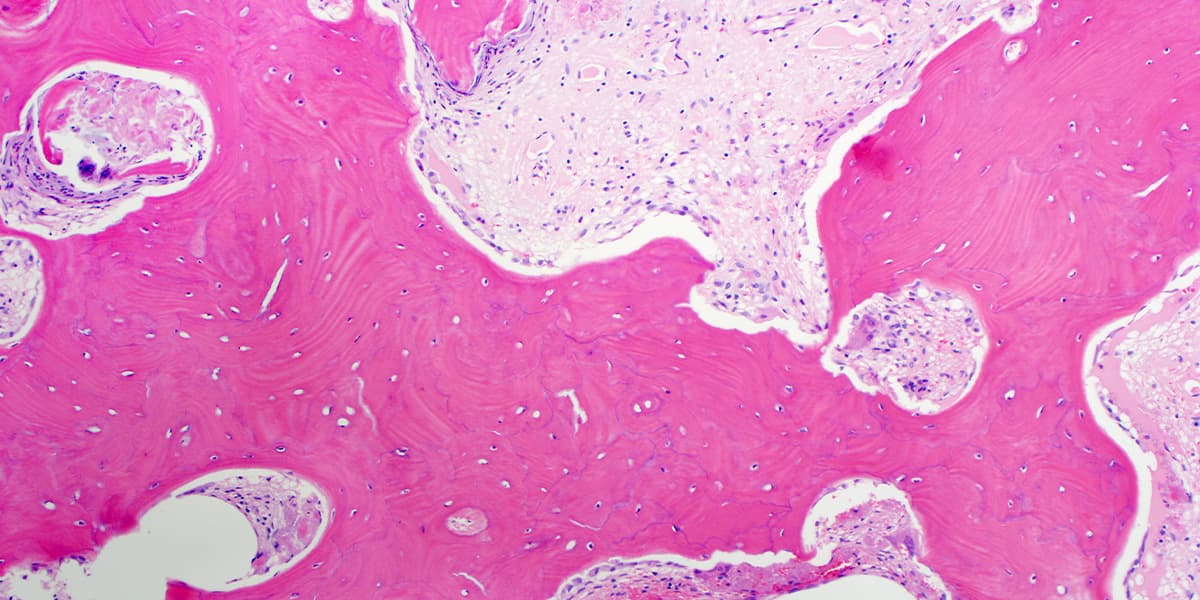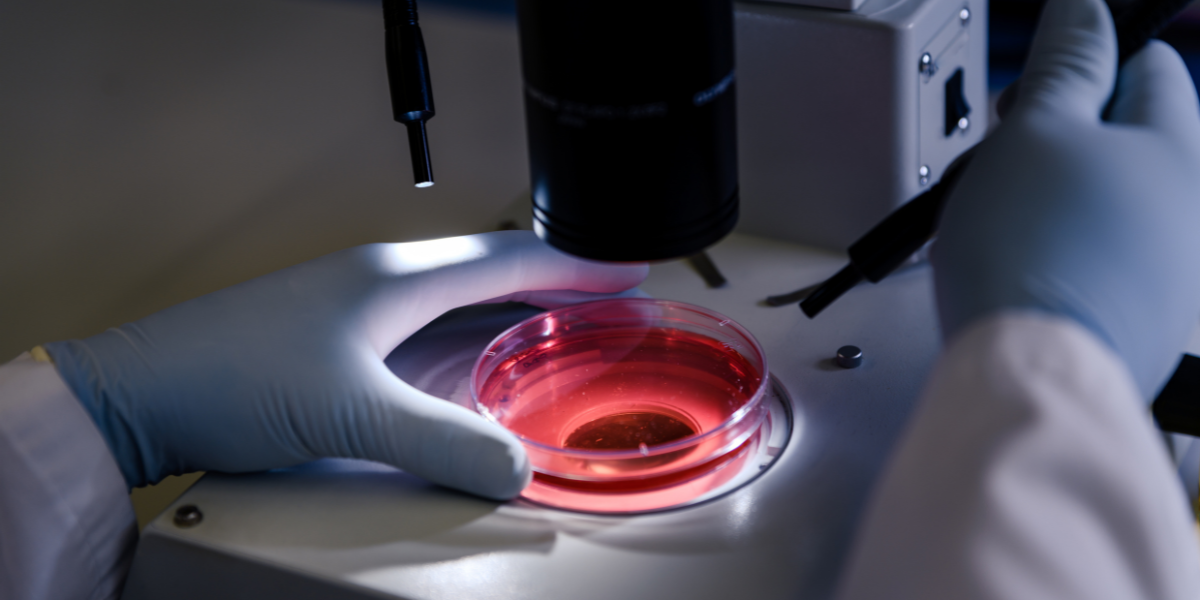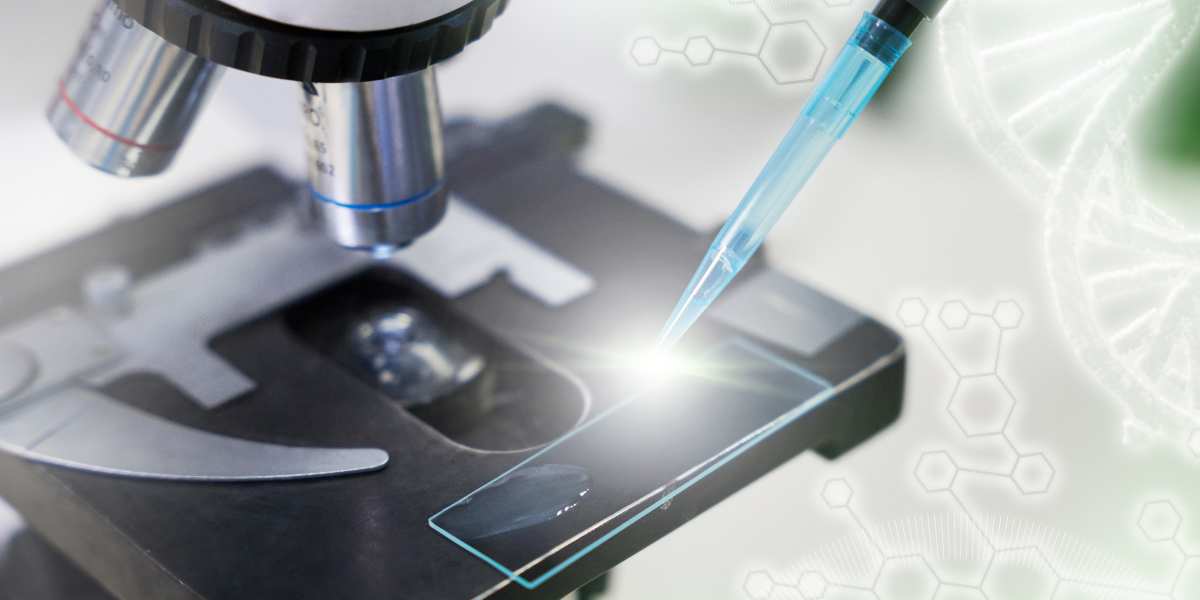The liver is an organ that is an important part of our anatomy and how our bodies function. Within its role as an accessory of the digestive system, the liver produces a fluid called bile, which helps break down fat, but it’s also thought to be responsible for up to 500 separate functions relating to blood flow, metabolism, and many more. While the liver is a crucial organ for our health, it isn’t impervious to illnesses and diseases. There are no artificial livers representing a viable long-term solution should the liver fail—so a liver transplant is the only option in the event of complete liver failure. If your doctor suspects a liver issue, a liver biopsy may be ordered to help with diagnosis.
What is a Liver Biopsy?
Like other biopsy procedures, a liver biopsy consists of removing a small sample of tissue for testing. The sample is then examined to help identify a new liver issue, assess the severity of a known issue, or to monitor the progress of a treatment regimen. The biopsy specifically can help identify problems such as liver disease or jaundice. While blood tests are often the first procedure doctors will turn to when diagnosing problems, should these tests return inconclusive results, a liver biopsy is a reliable and effective back-up for doctors to turn to.
If the diagnosis is already clear, then the biopsy is also useful for acquiring helpful information such as cancer and its source. If the diagnosis is already clear, then the procedure and subsequent testing can help assess the extent and severity of the damage. Finally, as previously mentioned, if treatment is already underway, then a biopsy may be required to monitor treatment progress or if doctors need to pivot to a different regimen.
What Happens During and After the Biopsy?
The liver biopsy itself usually only takes about five minutes. And while specific methods can vary from doctor to doctor, you will receive a sedative and a local anesthetic to numb the upper abdomen, then a needle is inserted to collect a small sample of liver tissue to be analyzed.
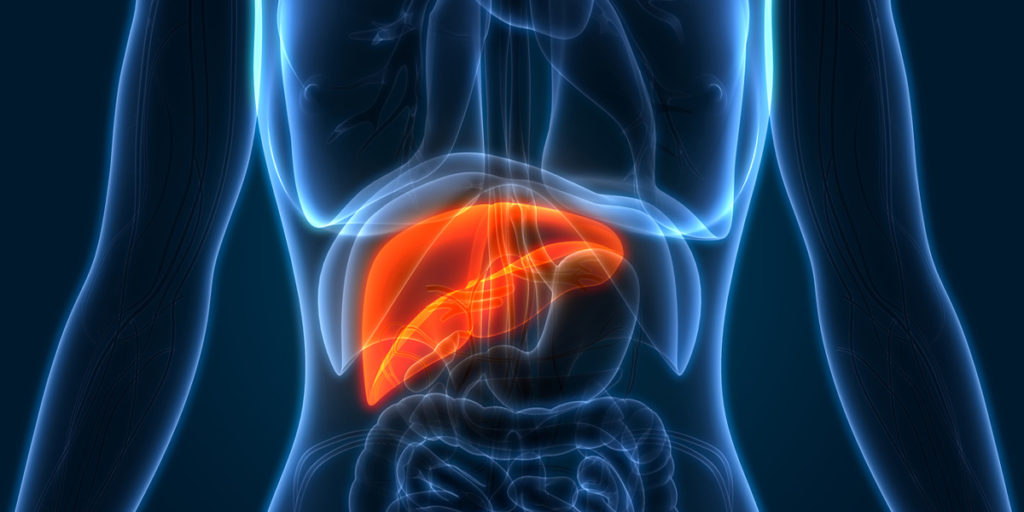
The liver is important to the digestive and circulatory systems, so keep it healthy!
Following the biopsy, you will stay in a recovery room for up to 4 hours for observation. It’s not uncommon to feel minor pain or soreness—if this is the case, you can have a pain medication prescribed to you, avoid taking aspirin or anti-inflammatory OTC drugs. Patients are recommended to avoid driving or operating machinery for at least 8 hours and rigorous physical activity for 1-7 days.
A few days after the procedure, you and your doctor will discuss the results of the biopsy. But did you know that as a patient, you have a lot of say in what happens during the evaluation process? To know that a team of expert pathologists is testing your samples brings invaluable peace of mind. South Bend Medical Foundation is, and always has been, a trusted, independent pathology laboratory dedicated to getting you the accurate results you and your doctor need.


